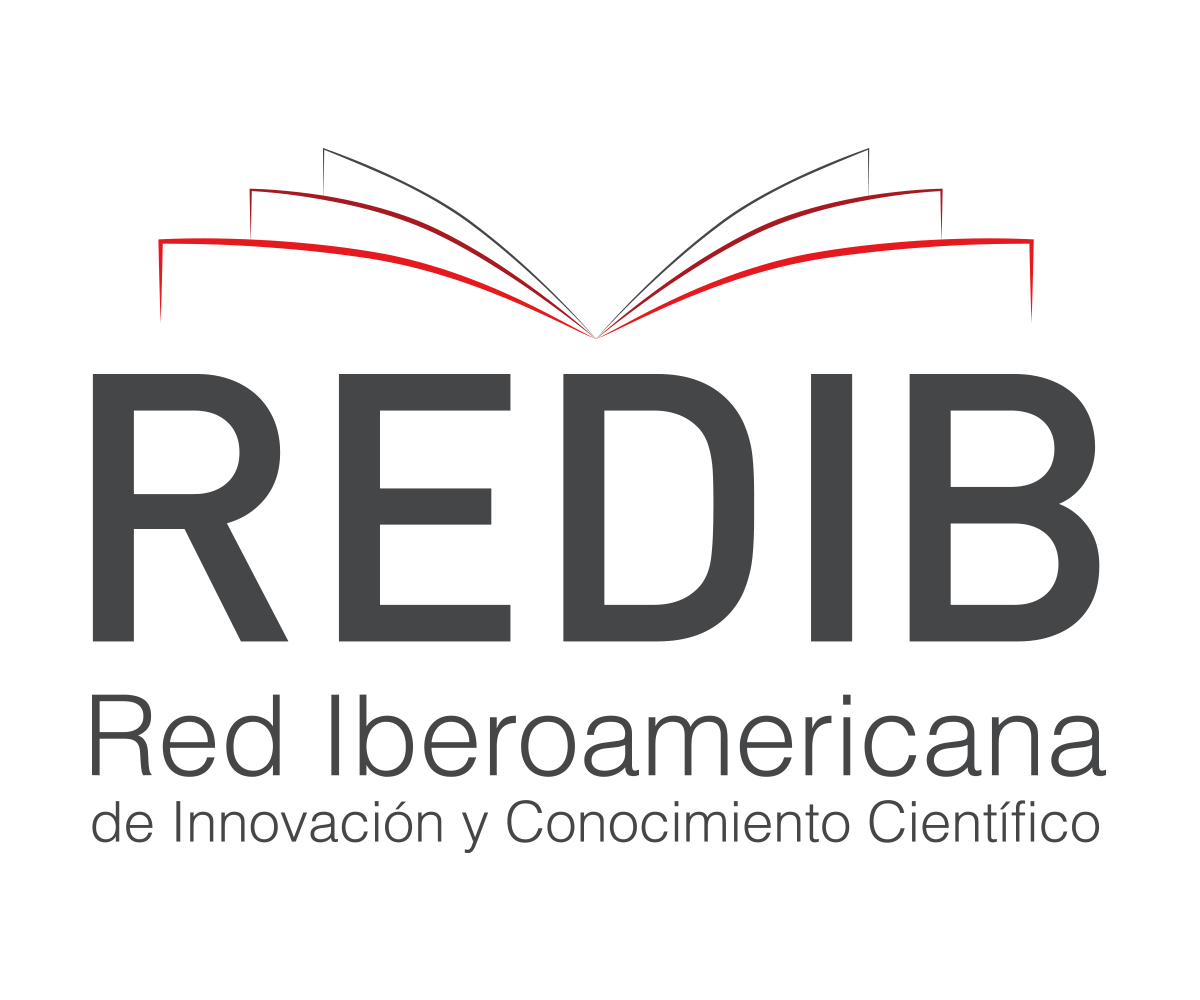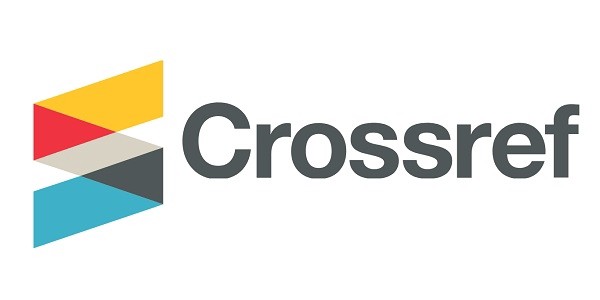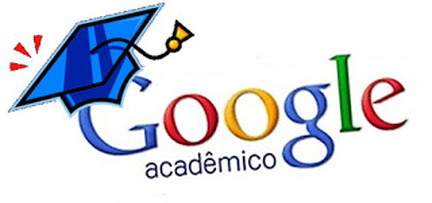USING AI TO OPTIMIZE DEVELOPMENT TASKS
DOI:
https://doi.org/10.31510/infa.v21i1.1964Keywords:
artificial intelligence, software development, automation, innovationAbstract
This article discusses a solution, which is Artificial Intelligence (AI), being used to automate tasks in software development. AI has become the most important trend of our time, contributing significantly to various advances that are changing the way society functions. From manufacturing to software optimization, AI transforms all processes and speeds them up. The aim of this article is to deepen our understanding of how the current situation of automating tasks in software development is unfolding and how it will change in the near future. The intersection between AI and software development not only simplifies processes, but also redefines our industrial and social practices. The quest for efficiency and innovation has driven its adoption and promises to shape a future in which AI-based automation will become even more ubiquitous, generating profound impacts on our ever-evolving society. It is crucial to note that, just like the technological revolution examined in this context, the ethical and social incorporation of AI into software development is essential to guide its use towards the common good and ensure an ethical and sustainable application of these innovative technologies.
Downloads
References
DOMINGOS, Pedro. The Master Algorithm: How the Quest for the Ultimate Learning Machine Will Remake Our World. New York: Basic Books, 2015.
NG, Andrew. Machine Learning Yearning. Disponível em: <https://www.deeplearning.ai/machine-learning-yearning/>. Acesso em: 10 abril 2024.
GERON, Aurélien. Hands-On Machine Learning with Scikit-Learn, Keras, and TensorFlow. Sebastopol: O'Reilly Media, 2019.
HARARI, Yuval N. Homo Deus: A Brief History of Tomorrow. New York: Harper, 2016.
RUSSELL, Stuart; NORVIG, Peter. Artificial Intelligence: A Modern Approach. 3rd ed. Upper Saddle River: Prentice Hall, 2009.
RUSSELL, Stuart; NORVIG, Peter. Artificial Intelligence: A Modern Approach. 4th ed. Upper Saddle River: Prentice Hall, 2021.
Downloads
Published
Issue
Section
License
Copyright (c) 2025 Revista Interface Tecnológica

This work is licensed under a Creative Commons Attribution 4.0 International License.
Os direitos autorais dos artigos publicados pertencem à revista Interface Tecnológica e seguem o padrão Creative Commons (CC BY 4.0), que permite o remixe, adaptação e criação de obras derivadas do original, mesmo para fins comerciais. As novas obras devem conter menção ao(s) autor(es) nos créditos.






.jpg)




1.png)
1.png)
